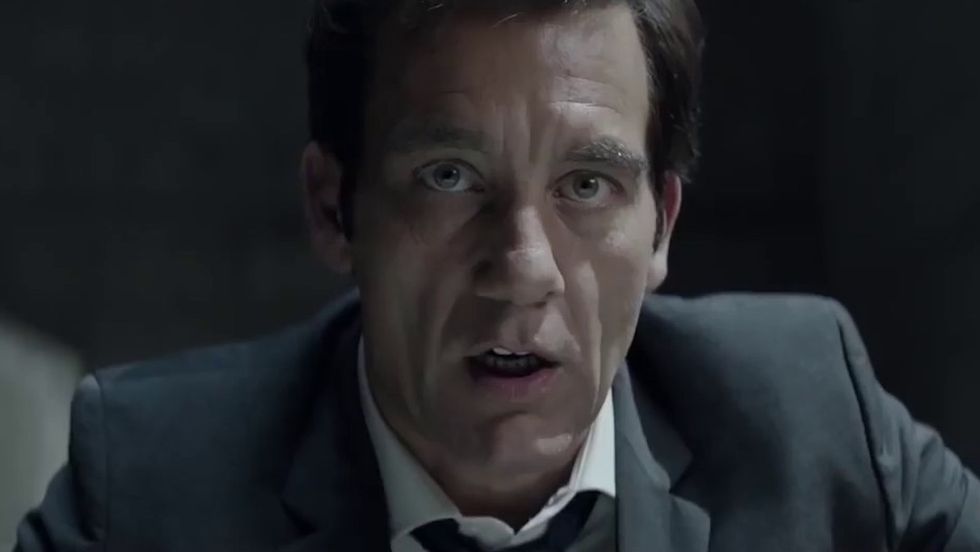Recent to Netflix is "Anon," the latest work of Andrew Niccol, a director known for his near-future sci-fi dystopias. While I have been conditioned to be wary of any Netflix original sci-fi title, Niccol has turned a familiar concept into something charming despite itself.
Clive Owen is Sal Friedland, a detective who is practically bored with his work in a world where everything and everyone is under constant surveillance. Being able to see a record of whatever anyone else sees and hear what they hear has trivialized police practices. Amanda Seyfried mixes things up as the anonymous killer with no digital footprint.
Andrew Niccol creates a thematically consistent world of over-reliance on the visual; a world of where people need to see things to believe them and aren't satisfied with just being told something is so. Access to anything and everything creates a bleak yet intriguing society, as the rich and entitled still attempt to get away with wrongdoings.
Director Andrew Niccol displays his preferred style, sticking to a cool, muted color palette of greyish blues and dark rooms. For a film set in the near future, it features interiors primarily lit by natural light seeping in through large windows from a grey, cloudy sky, giving the backdrops a surreal, dreamlike effect.
As we watch a recording from another character's perspective, we always feel like we're watching from a camera rather than a human's eyes. I'd wager that this l on purpose.
To say that the story is anti-technology isn't exactly correct, but rather critiques the hold that technology can have on us and crafts a world that could be our own future. Like all of Andrew Niccol's films, it is topical and a result of its time. It makes a clear political statement about corporate and government surveillance by examining social classes through the lens of exploited technologies.
However, in a world where Black Mirror has nearly perfected the formula of one-hour technological horror (introduce a unique scientific concept, explore a single story affected by it, and roll credits while the technological novelty is still fresh), even an extra thirty minutes causes the story to drag.
An intriguing premise that overstays its welcome by a thin margin, this Netflix original is worth an hour and some change of your time.



 StableDiffusion
StableDiffusion StableDiffusion
StableDiffusion StableDiffusion
StableDiffusion Photo by
Photo by  Photo by
Photo by  Photo by
Photo by 
 Photo by
Photo by  Photo by
Photo by  Photo by
Photo by  Photo by
Photo by  Photo by
Photo by 







